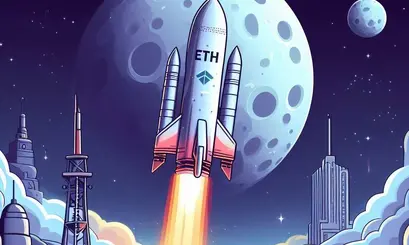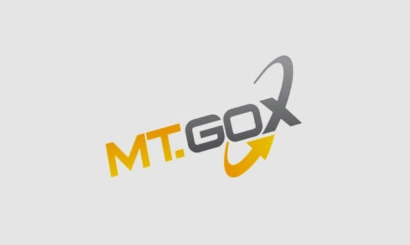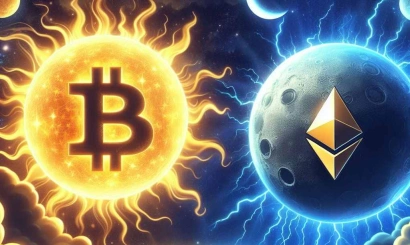All payments are good. Why PayPal is entering the cryptocurrency market
Payment company PayPal has entered the cryptocurrency market with the launch of its own dollar-stablecoin
The payment company has launched its own dollar-stablecoin. We tell you why this is necessary, what it means for the crypto sphere, and what prospects the new instrument has on the global financial market
After two years of development and transfers, PayPal launched its own dollar-stablecoin, actually becoming one of the first major payment companies that were able to bring their crypto product to the mass market.
The stablecoin from the payment service was named PayPal USD and the exchange ticker was PYUSD. Its issuer is Paxos and it will be fully backed by dollar deposits, short-term treasuries, and similar financial instruments. Its exchange rate is pegged to the U.S. dollar, and the company will initially gradually make it available to PayPal customers in the United States.
Stablecoins (Stablecoins) are cryptocurrency tokens whose rate is linked to an asset, such as the dollar, euro, or an ounce of gold. The first versions of them appeared at the nascent stage of the crypto market about ten years ago. The "stablecoins" are mainly used by traders as a channel for moving digital assets between exchanges, but are also gradually taking root in the consumer payments sphere. Their reserves are backed by real assets - fiat currencies, securities, precious metals, etc.
When issuing new stablecoins, the issuer deposits the collateral into the account of a partner bank, and when "redeeming" the stablecoins, their owner, respectively, transfers them into traditional money - as a rule, American dollars. The total capitalization of existing stablecoins exceeds $125 billion. The largest of them is Tether USD (USDT), the issuer of which is Tether Limited. Most of them run on multiple blockchains, such as Ethereum, Tron, or Solana.
Stablecoin from PayPal will be exchangeable for dollars or other cryptocurrencies available in PayPal wallets. The company will set an exchange rate that includes the service's commission on each conversion. PayPal USD will also be able to be used to pay for purchases through a wallet in Venmo, a popular payment app from PayPal. In addition, it will be possible to transfer the token to compatible third-party wallets that are not part of the PayPal network. At an early stage, PayPal expects that PYUSD will be used mainly in the cryptocurrency and Web3 sectors, for example, to exchange for other crypto-assets or for payments in blockchain games. Even then, stablecoin will gradually gain traction in areas such as money transfers and micropayments.
PayPal's stablecoin has every chance to join the list of the most popular stablecoins in the future, according to Ruslan Sharov, CEO of Cheelee. PayPal itself has a developed infrastructure and is represented in many countries. It largely facilitates cross-border payments, speeds them up, and with the help of stablecoin will make them even faster and more efficient, the expert believes.
"Given that PayPal is actively used by freelancers and developers with international customers, the stablecoin will be a convenient way for them to get paid," Sharov adds. - What's also interesting is that PayPal by the readiness of its infrastructure bypasses many central banks that are just trying to develop digital national currencies (CBDCs). In other words, we are witnessing the emergence of a corporate currency that has a chance to become a significant player in the currency market, displacing central banks".
"PayPal is one of the world's payment giants, so I would like to believe that the future for PYUSD is quite bright. At least due to the support of the platform's 430 million users," Fedor Ivanov, director of analytics at cryptocurrency asset security platform Shard, speculates. - "But I don't think that PYUSD will squeeze or even try to squeeze capitalization leaders such as USDT, USDC, or DAI, at least in the medium term.
PayPal USD is not a direct competitor to conventional US dollar-linked tokens, but a niche product that expands the capabilities of the PayPal ecosystem, Ivanov explains. The key market for PayPal is the US. The U.S. is now holding hearings on the bill on stablecoins, which will create special rules for their issuance and circulation, but until then, PayPal is unlikely to go to the issuance of its token in significant volumes, as well as will not issue it on other blockchains, the expert believes.
- PayPal and cryptocurrencies
PayPal has been supporting transactions with cryptocurrencies for some time now and allows users to store such of them as Bitcoin (BTC), Bitcoin Kash (BCH), Ethereum (ETH), and Litecoin (LTC). In its earnings report for the first quarter of this year, the company said it stores about $1 billion worth of cryptocurrencies for its customers.
Since last year, users have been able to transfer cryptocurrency from PayPal accounts to third-party wallets. The company also invests in blockchain startups, including recently leading a $52 million investment round for Magic, a company that provides infrastructure for integrating digital wallets into online services and corporate projects.
PayPal co-founder Peter Thiel's Founders Fund venture fund began investing in Bitcoin back in early 2014. Shortly before the collapse of the crypto market in the spring of 2022, the fund sold almost all cryptocurrency assets, earning about $1.8 billion.
In 2021, it was first reported that PayPal began looking for developers to create its own dollar-stablecoin. Back then, the cryptocurrency industry was on the rise: billions of dollars of fresh capital were pouring in, and the bankruptcies of recent years and high-profile cases of regulatory intervention had not yet occurred. Earlier this year, however, PayPal's stablecoin ambitions stalled, and the company suspended work on the project amid reports of regulators' scrutiny of issuer Paxos.
In February, the New York State Department of Financial Services (NYDFS) ordered Paxos to stop issuing new Binance USD (BUSD) tokens - at the time the third most capitalized stablecoin, branded after the largest cryptocurrency exchange, Binance. The exchange itself later completely disassociated itself from BUSD, replacing it in trading pairs with lesser-known and less liquid stablecoins, and BUSD transactions were equated by regulators in the U.S. to securities transactions subject to the jurisdiction of the Securities and Exchange Commission (SEC).
Despite regulatory scrutiny, and problems over the BUSD issue, Paxos remained PayPal's partner in the launch of the stablecoin. The company said the partnership was a milestone for the entire industry. "PYUSD is a first-of-its-kind currency that represents the next stage in the evolution of the U.S. dollar on the blockchain," Paxos said, calling PayPal USD "the world's most secure dollar-backed digital asset." On the day of the announcement, the U.S. House of Representatives issued a press release saying that with proper regulation, stablecoins "could become the foundation for a 21st-century payment system in the United States."
- Why Ethereum
PayPal's first stablecoin issuance was supposed to take place in 2022 on the Solana blockchain and in partnership with the bankrupt FTX exchange. At that time the parties signed an agreement, but then due to the collapse of FTX, the work was suspended. Now, since the Solana native token (SOL) along with tokens of several other major blockchains are listed as securities by the SEC, the launch of PYUSD on any of them has become virtually impossible.
In the end, the stablecoin was launched as an ERC-20 standard token on the Ethereum blockchain, to which regulators have no complaints in the context of transactions with unregistered securities. However, this leaves open the issue of commissions on Stablecoin transfers, at least in external uncontrolled PayPal wallets. The company claims fast and free transfers, but at times of peak load on the Ethereum network, the cost per transaction can reach $10 to $50. So-called second-tier blockchains (Polygon, Arbitrum, zkSync, and others) may be the solution, but their tokens were also partially listed by the SEC in June, as happened with Solana.
The choice of blockchain is probably due to the choice of technological partner, Fedor Ivanov believes. Paxos has a lot of experience with Ethereum: their Pax Dollar stablecoin (USDP) and gold token (PAXG) were also originally issued on Ethereum. "While this is undoubtedly a positive development for the Ethereum ecosystem, in principle Solana seems to be a more suitable network for such a project, as it is faster and with lower fees," the expert believes.
The arrival of such a major player as PayPal in the Ethereum ecosystem may further strengthen user confidence in it, as well as increase the volume of activity on the Network, believes blockchain enthusiast and cryptocurrency researcher Denis Smirnov. "Nevertheless, competition in the stablecoin market is extremely high, and in addition to the obvious rivals (USDT or USDC) PayPal may also meet a competitor in the face of decentralized projects," Smirnov adds, referring to the DAI stablecoins from the MakerDAO service or the recently launched GHO from Aave.
The code of the program smart contract for the PayPal USD stablecoin, like most existing crypto assets, is publicly available on GitHub. Its address is published by Paxos, and all transactions with it are available for viewing through any blockchain browser, such as Etherscan.
Thanks to this, it became known that about 27 million PYUSD have already been issued. In the event of a serious security threat, algorithms in the software code allow Paxos to suspend authorization and token transfer functions. Paxos can also freeze or seize the assets of criminals when required by law, as well as initiate a freeze or even wipe the balance of any account. Other stablecoins have a similar mechanism for freezing and blacklisting certain wallets - for example, those that have fallen under sanctions or contain stolen assets.
Stablecoin is not yet available on cryptocurrency exchanges, and to buy it you need to be verified on the PayPal website.
- Coinbase files motion on SEC lawsuit over abuse of power
- Investment idea: Earn on gold tokens
- CoinGecko has launched an index of cryptocurrencies that the SEC has labeled as securities
- Hong Kong: 'inappropriate practices' of crypto exchanges could be criminalized
- Bitcoin rose in price amid Moody's downgrade of U.S. bank ratings
- Mike Novogratz's Galaxy Digital fund took a $46 million loss in Q2
- Nearly 60% of investors said they expect bitcoin to rally after halving in April 2024

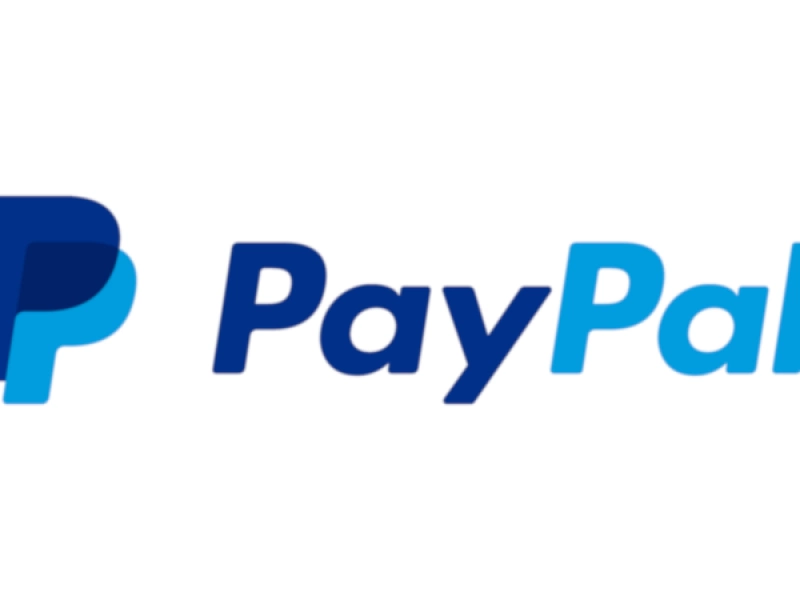

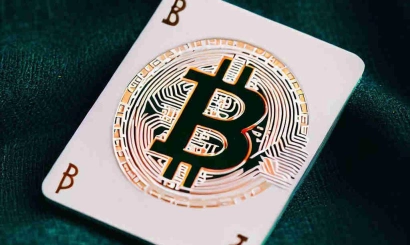
_410x245_00e.webp)
